Fleet Master Chief Isom discussed the TSC 24-2 course, the unique partnership between INDOPACOM and DKI APCSS, and the benefits of joining the alumni network, which now includes nearly 16,000 strong!
The Transnational Security Cooperation course is an in-depth executive education program designed to prepare senior security practitioners and military leaders to engage in cooperative security efforts that advance a free and open Indo-Pacific. Recently 38 senior leaders from 25 countries and three regional organizations participated in the TSC24-2 course hosted by the Daniel K. Inouye Asia-Pacific Center for Security Studies from December 8-13, 2024, in Honolulu.
“Aided by a challenging curriculum, TSC 24-2 participants seized the opportunity to frankly discuss some of the most pressing strategic issues in the Indo-Pacific,” said course manager Dr. Al Oehlers. “Vitally, by exchanging invaluable insights and creatively crafting collaborative approaches to shared priorities, bonds of understanding and friendship were fostered that will last for years to come.”
Discussion topics included Indo-Pacific Security, geopolitical landscape, maritime security, environmental security, health security, and the security implications of artificial intelligence
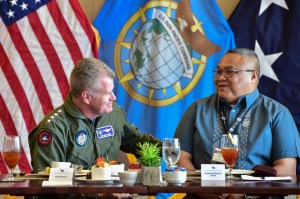
USINDOPACOM Commander Adm. Paparo engages with TSC 24-2 participants to enhance understanding and awareness of emerging and future security challenges, emphasizing a Free and Open Indo-Pacific.
A key event of the course was an interaction with Admiral Samuel J. Paparo, Commander of U.S. Indo-Pacific Command at Camp Smith who shared his insights on the region.
One of the course’s benefits is its ability to foster a common understanding of regional security dynamics through non-attribution discussions that build trust and encourage respectful dialogue.
According to Mr. John Kemakeza from the Solomon Islands, “The course has been really useful and practical as well; not only the materials provided, but it also provides very rich dynamics by having other countries involved. You have colleagues from Europe, Asia, and the Pacific, and not only within my field, which is diplomatic, but perspectives from the military, aerospace, and environmental change. Its coverage is very diverse. I have a deeper and richer understanding of all the issues discussed.”
TSC Fellows attained alumni status upon completion of the course. They are encouraged to stay connected with each other as well as the greater alumni network and country associations.
“It will become more beneficial practically when we go back to our respective countries and carry on with our duties. I’m already taking notes on who I can connect with if I ever need information or assistance on certain areas. So I’m really looking forward to being a part of the alumni network,” said Mr. Kemakeza who is an Assistant Secretary, UN & Americas Desk for the Ministry of Foreign Affairs and External Trade.
The next Transnational Security Cooperation course will be held in July 2025.
###


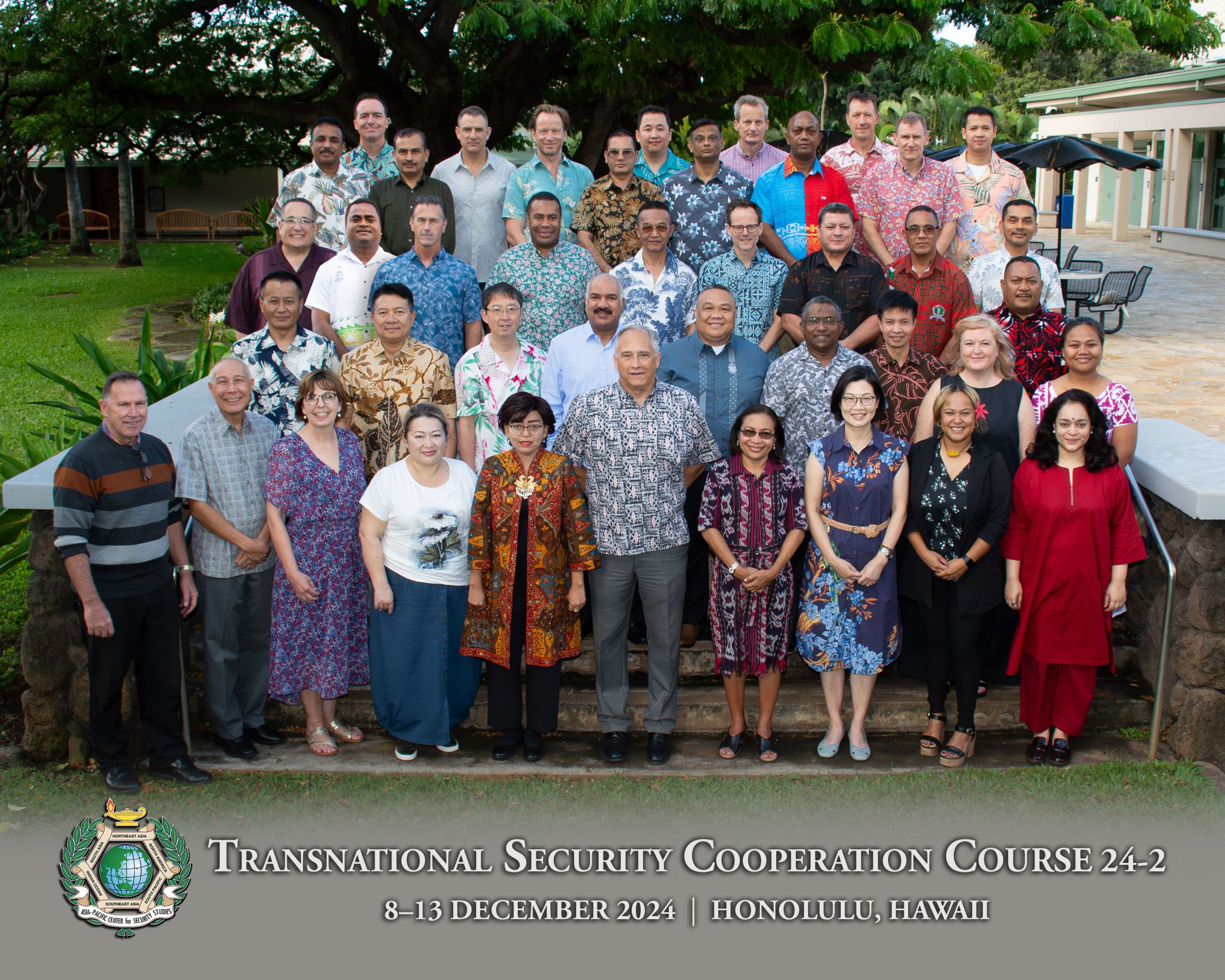
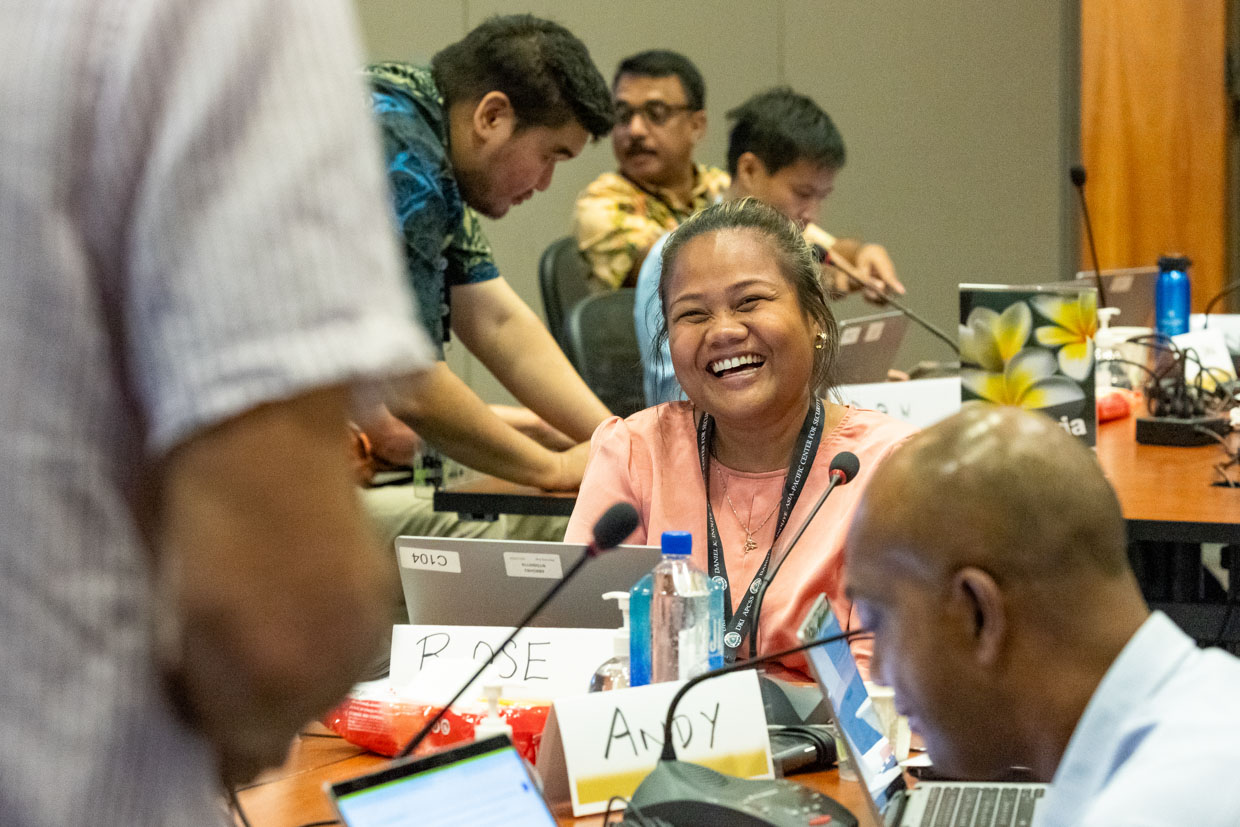
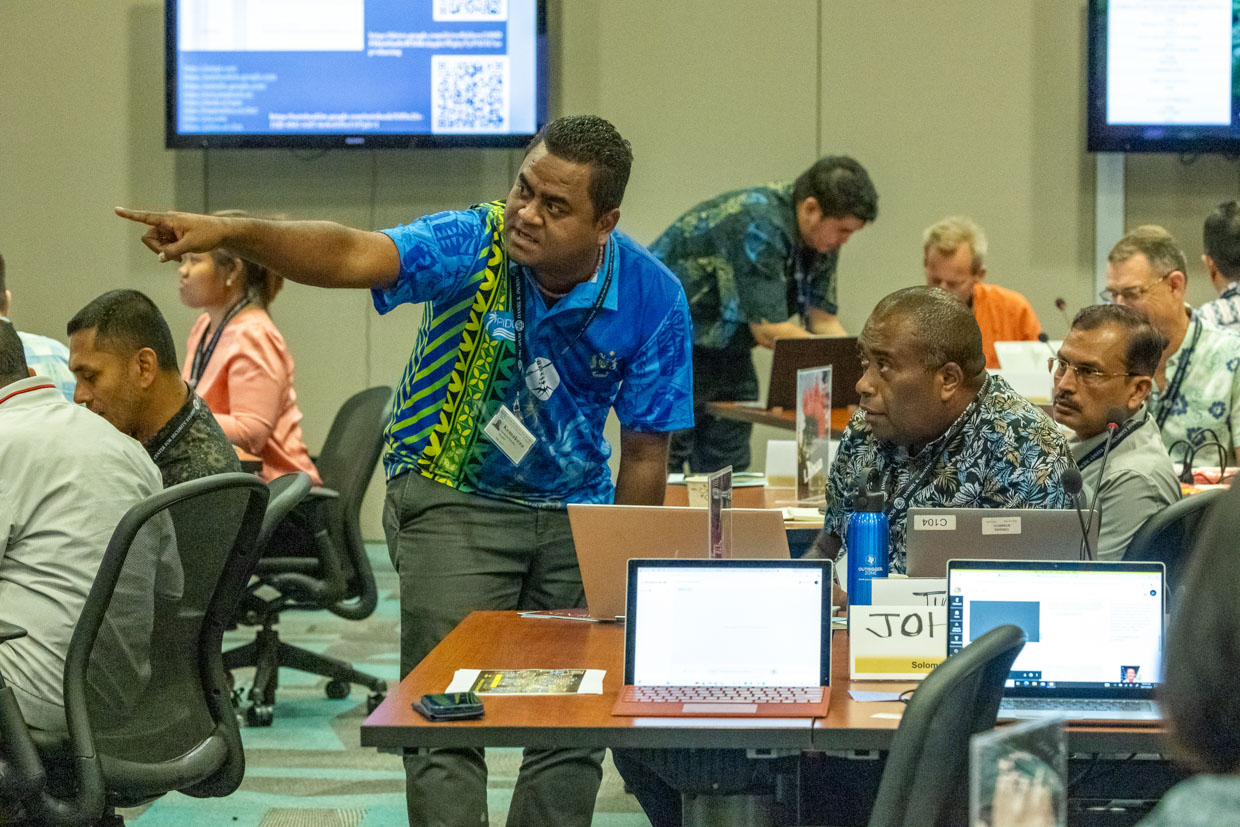
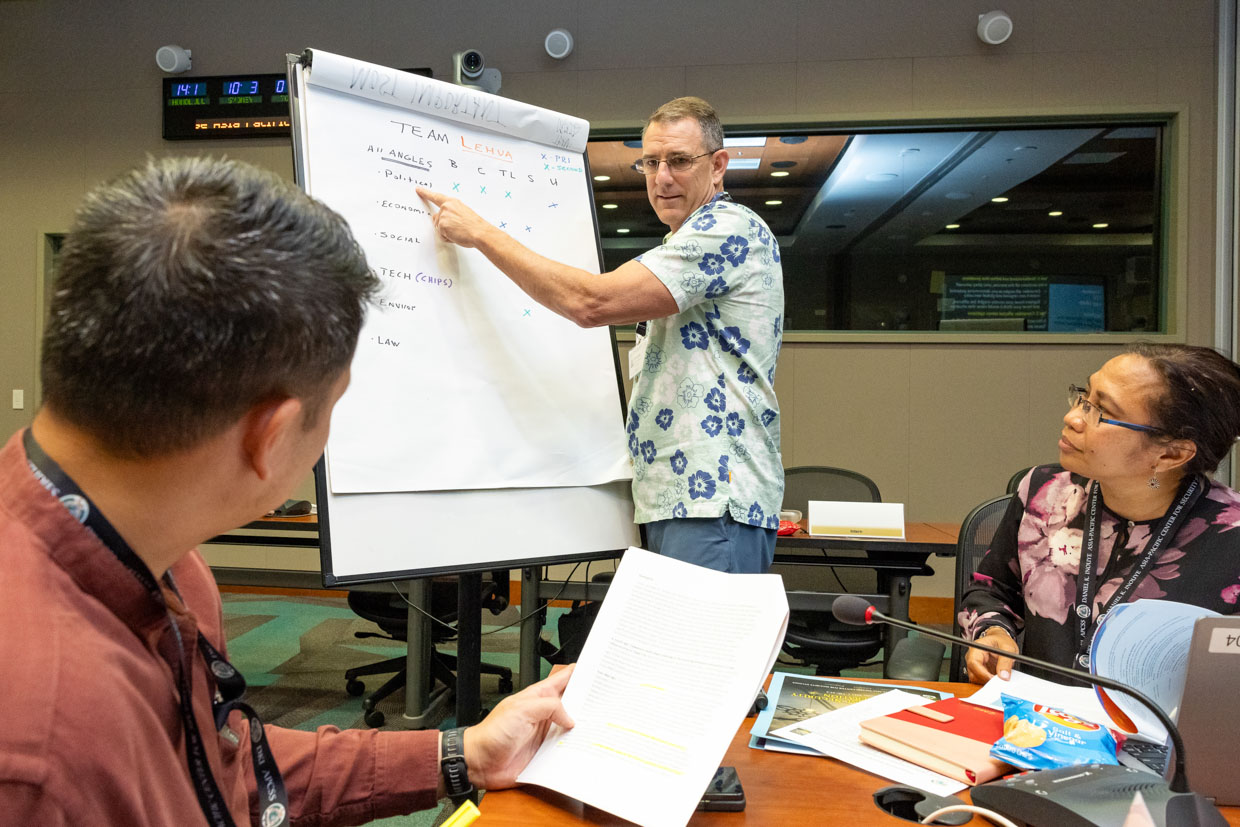
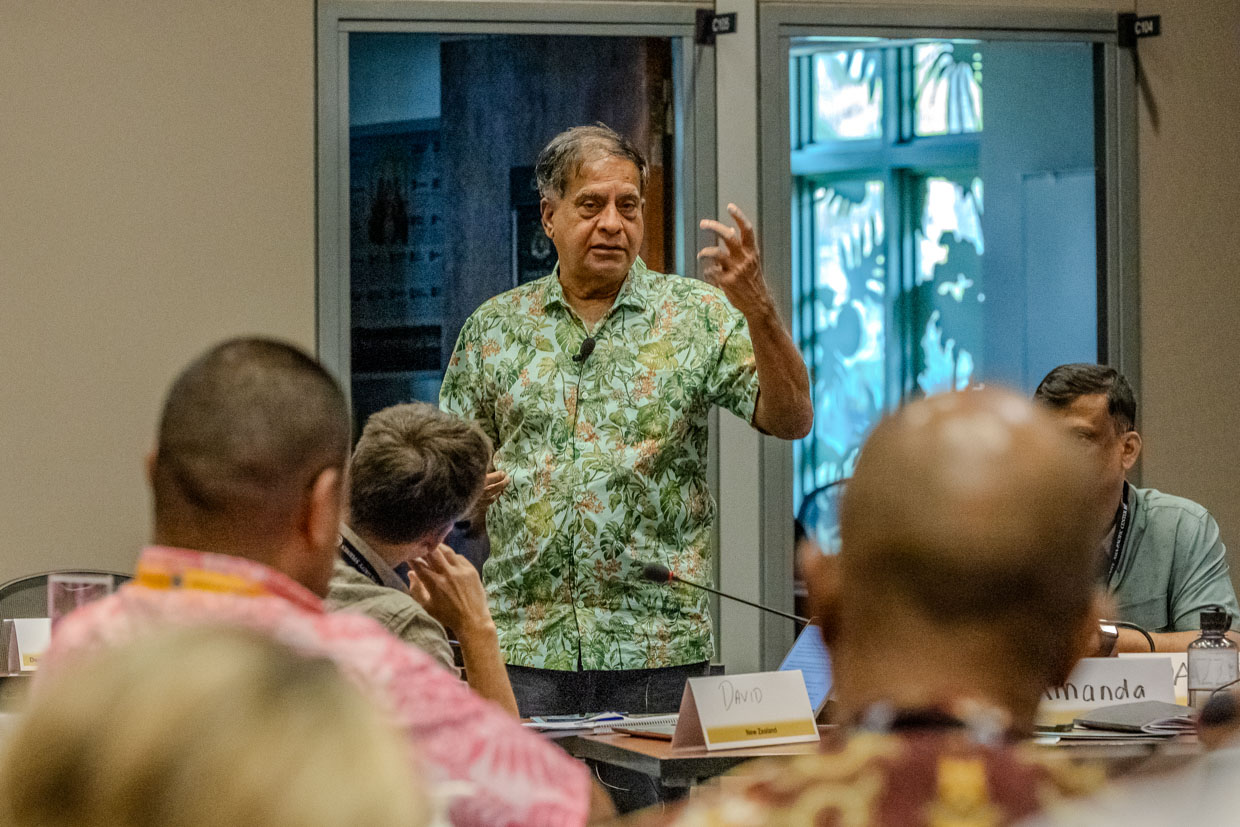
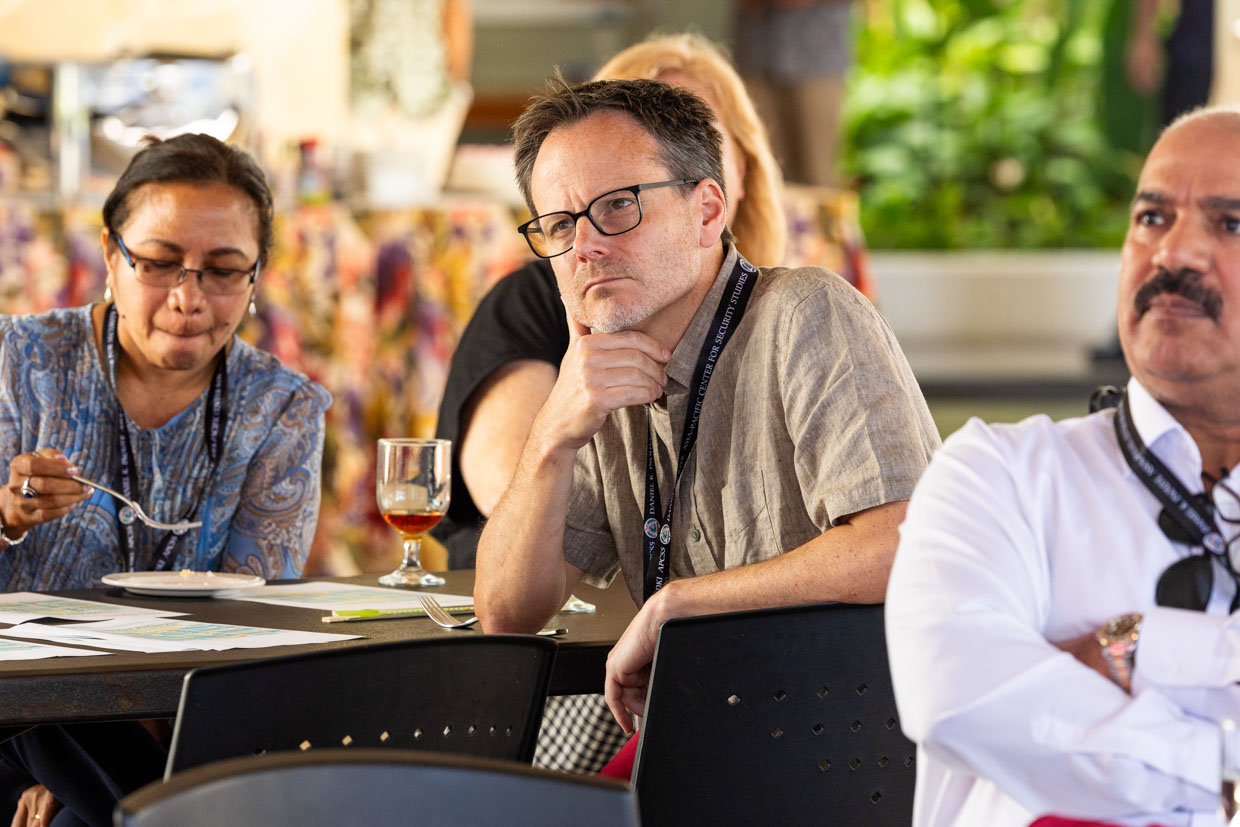
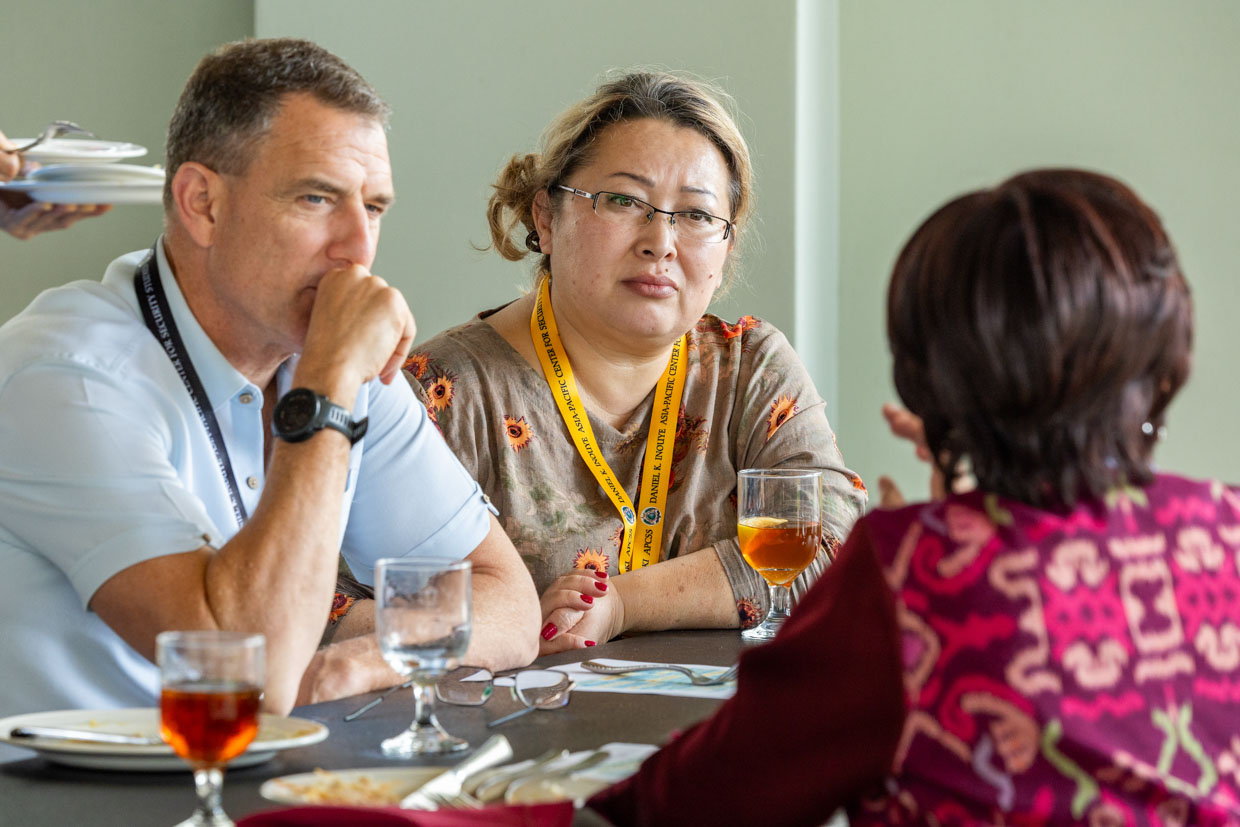
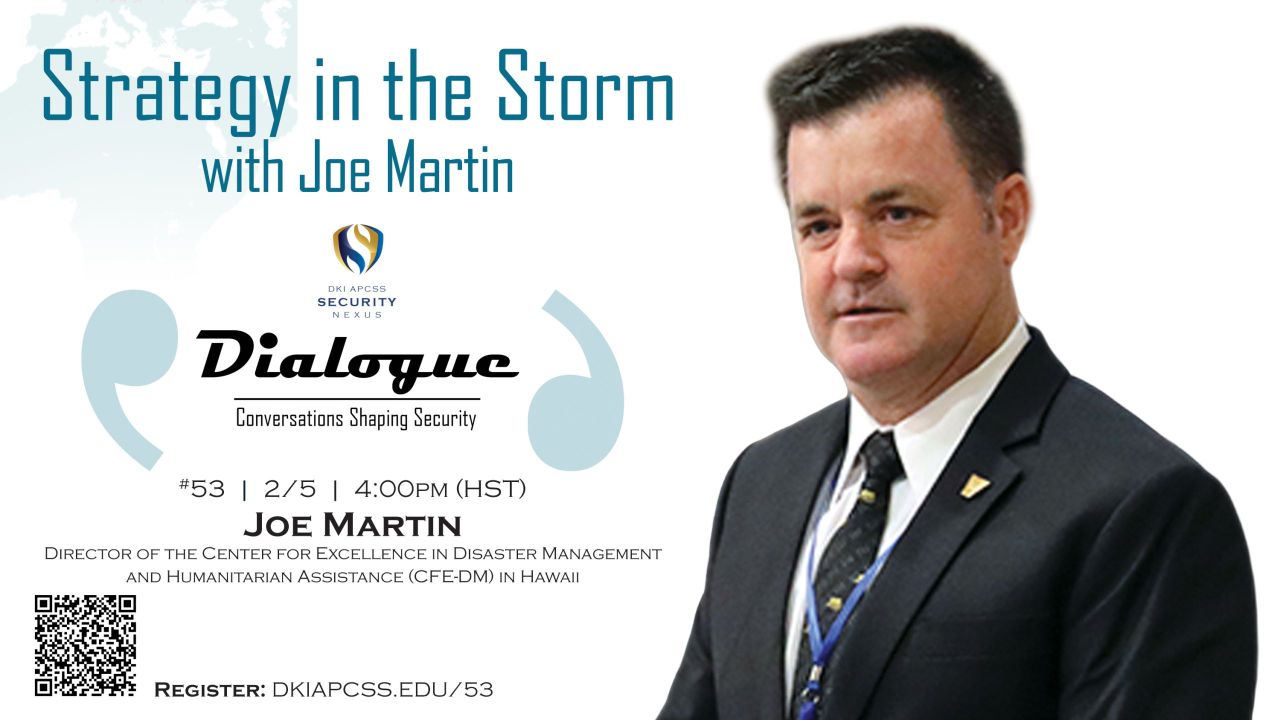
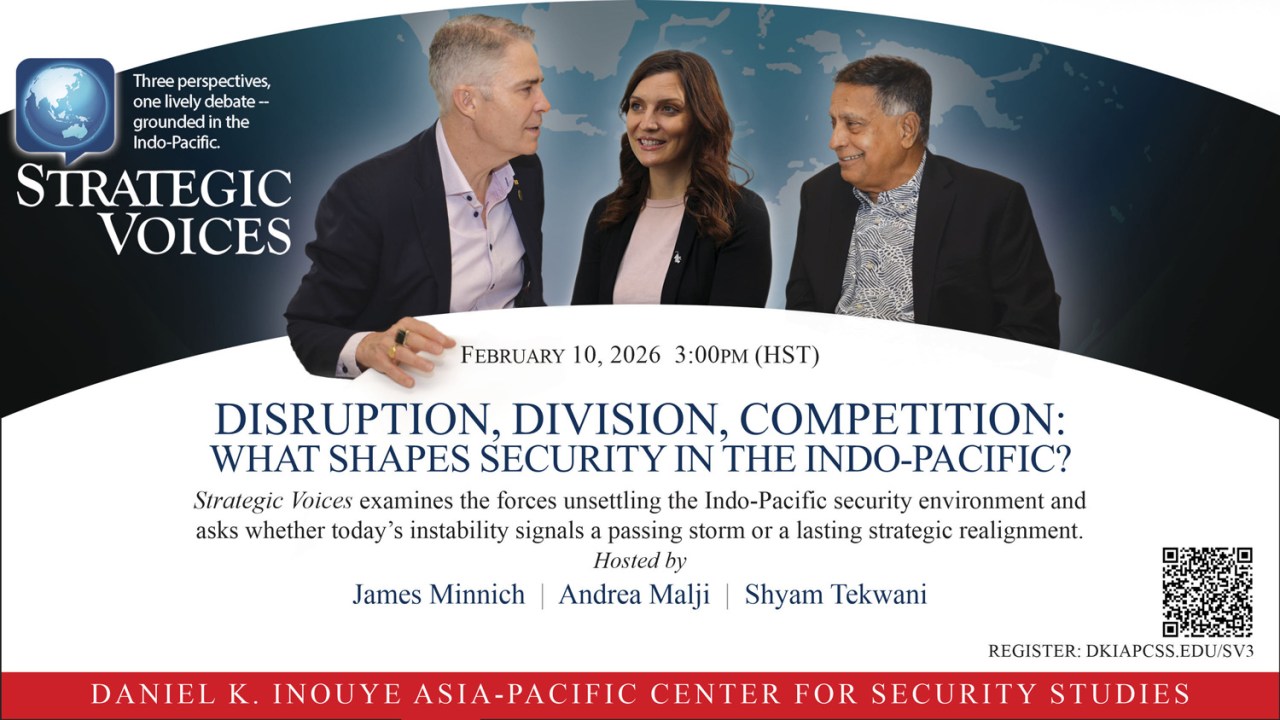
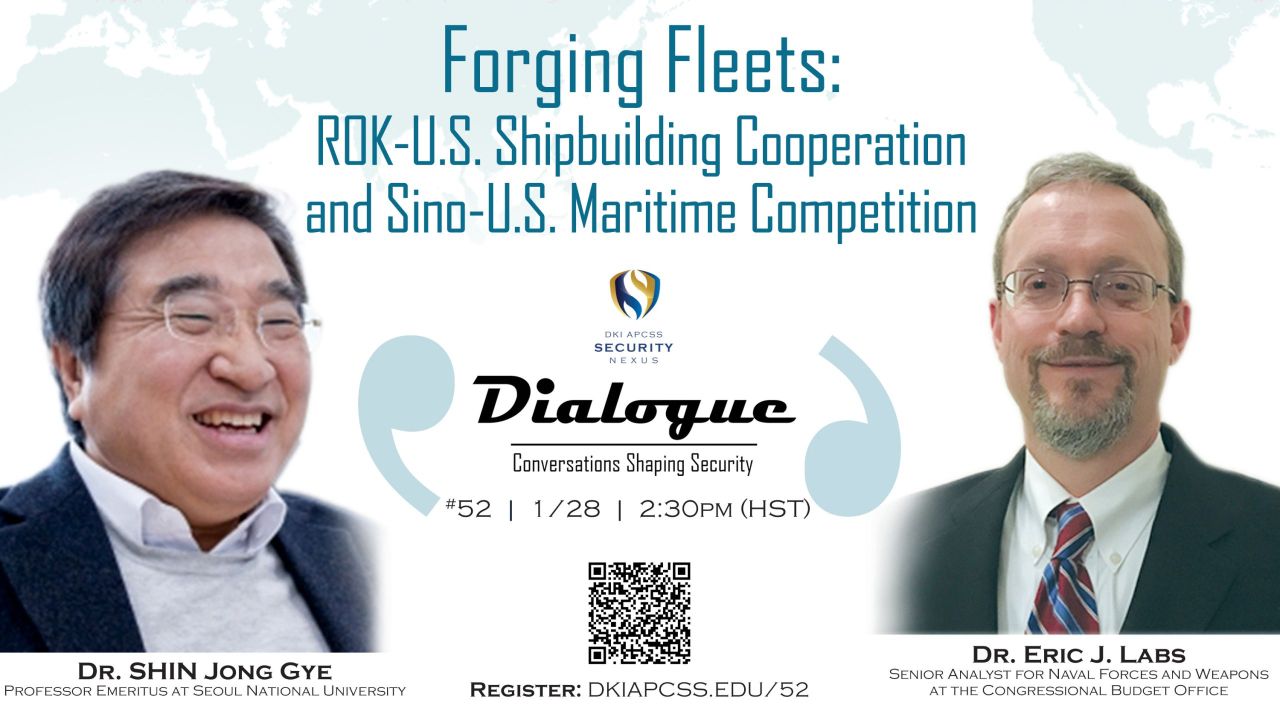




Leave A Comment